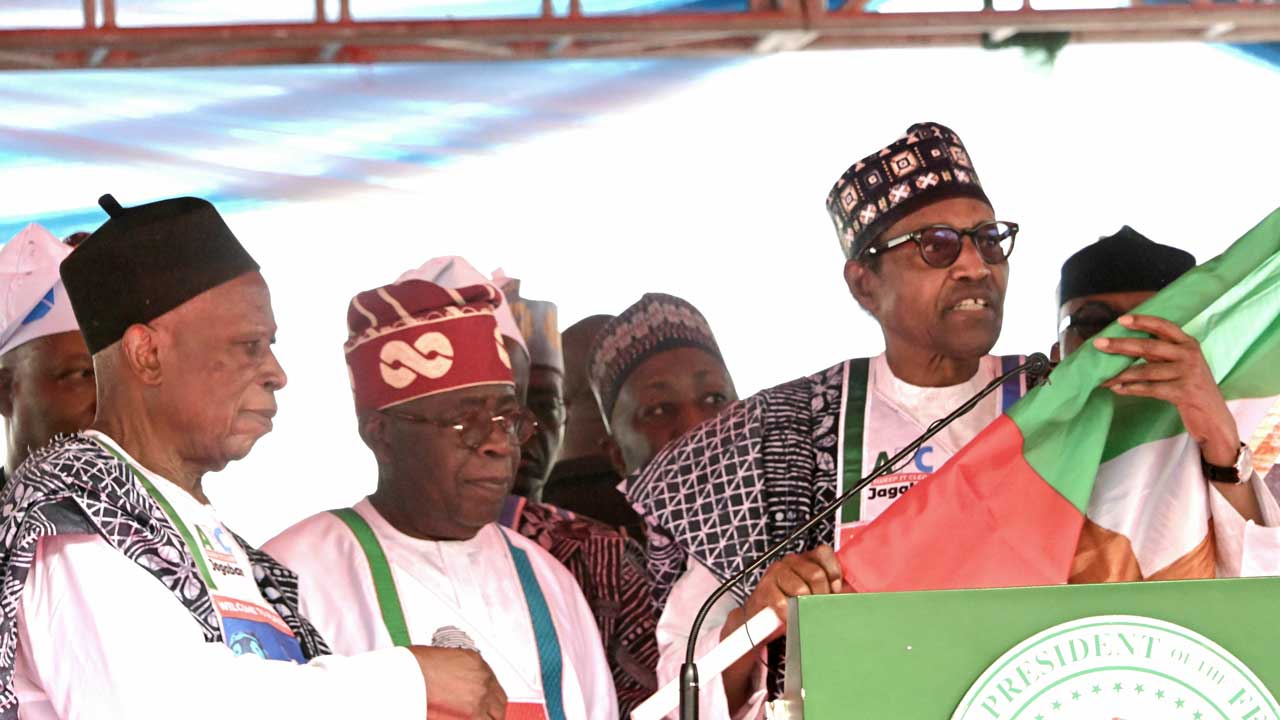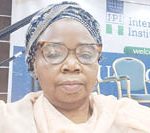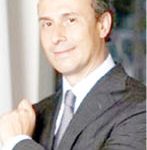Ex-President Muhammadu Buhari’s seemingly non-partisan interest in the internal affairs of the All Progressives Congress (APC) caused a major setback for the party in the early days of its government. The then president had resisted pressure to openly declare support for APC preferred candidates for the leadership of the 8th assembly.
Amid his unclear stance, some perceived renegades took advantage and the rest, as they say, is history.
But when the national chairmanship office of the party became vacant in the buildup to the 2023 elections, Buhari endorsed Adamu. Some attributed this to the role Adamu played in the 8th Senate. The immediate past APC chairman was a thorn in the flesh of former Senate President Bukola Saraki, who emerged against the wish of the party. A member of the 8th senate, Adamu did not miss any opportunity to lash out at Saraki, inside and outside the red chamber. Others said Buhari supported him because of his love for elderly politicians, but whatever the case is, Buhari played a key role in his emergence.
However, Adamu is going down in history as the shortest-lived elected chairman of Nigeria’s ruling party – he spent 15 months in office. Pa Bisi Akande, interim National Chairman of the APC, who was appointed, not elected spent a year in that capacity. But Adamu’s tenure was not up to the two-year period of Governor Mai Mala Buni, who like Akande was not elected chairman but held forth in interim capacity.
The battle that consumed Adamu started a few months after he took charge of the party. The ruling party was finalizing its succession strategy when he came on board. In his usual style, Buhari did not endorse any of the APC members who showed interest in succeeding him. But Adamu eventually declared ex-Senate President Ahmad Lawan as preferred candidate of the APC. Governors of the party rebelled against him and queued behind President Bola Tinubu, who eventually won the ticket.
Resignation: Adamu speaks with Daily Trust
In his acceptance speech at Eagle Square, Abuja, venue of the APC Presidential primary, Tinubu took a direct shot at Lawan.
“To you the legislator, Senate President Ahmad Lawan, I would have been a little upset because you competed with me. But that is over now, since you can easily lick your wounds,” the president had said as his supporters hailed him with thunderous round of applause.
Lawan fought his way back to the senate, although clearly not the number one position, but Adamu chose to take a bow when the heat was much. That’s politics; you win some and lose some. Some novice may not understand this but not Adamu, who entered politics in 1977 when he was elected to the Constituent Assembly, which drafted the constitution for the Second Republic (1979–1983).
He was a pioneer member of the National Party of Nigeria (NPN), the first Secretary-General of the NPN in Plateau State from December 1978, and chairman of the NPN in the Plateau from 1982 to 1983, when military rule began again. In 1994, he was appointed to the National Constitutional Conference by General Sani Abacha’s administration. In March 1995, Adamu was appointed a minister of state of the Works and Housing ministry, holding this position until November 1997. When the ban on political activity was lifted in 1997, he joined the United Nigeria Congress Party (UNCP). In 1998, Adamu became a founding member of People’s Democratic Party (PDP) and was twice elected governor of Nasarawa State.
Another way to look at the exit of Adamu is President Tinubu’s clearing of the old warehouse, which led to the removal of Godwin Emefiele, former Central Bank of Nigeria (CBN) governor and Abdulrasheed Bawa, former Chairman of the Economic and Financial Crimes Commission (EFCC), who were key members of the Buhari administration and strong allies of the former president. If we are to go by this, we had say, first it was Emefiele, then Bawa, now Adamu. So who is next?

 Join Daily Trust WhatsApp Community For Quick Access To News and Happenings Around You.
Join Daily Trust WhatsApp Community For Quick Access To News and Happenings Around You.


